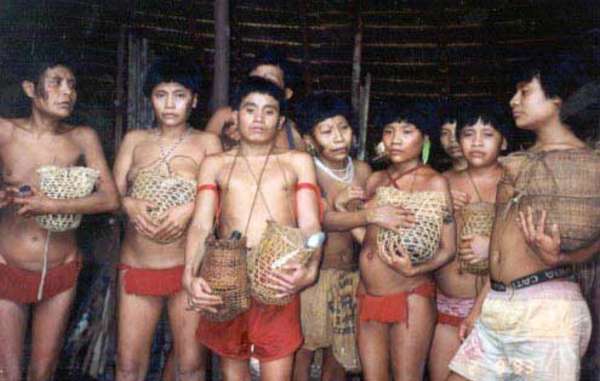By Brendan Oliver Bergh
Impunity Watch Reporter, South America
BOGOTÁ, Colombia – Peace talks began this week between the Colombian government and the Revolutionary Armed Forces of Colombia, also known as the FARC Rebels. The FARC are Latin America’s oldest guerrilla army and have been active for nearly 50 years. FARC Leader Rodrigo Londono confirmed that talks had opened up in a video released on the FARC website.
FARC Rebels marching on patrol. (Photo Courtesy of The Telegraph)
This will be the first time that formal peace talks have commenced between the Colombian government and the FARC Rebels since 1999, which ultimately disintegrated after the rebels regrouped and continued to carry out attacks and kidnappings against government and civilian targets.
While FARC proposed a ceasefire during these peace talks, Colombian president Juan Manuel Santos refused the proposition, announcing that until talks have proceeded, combined military and police forces will continue assaults on FARC camps. The bi-lateral cease fire is expected to be reintroduced as FARC has announced it will reprise the issue during talks in October.
The rebels are likely to address issues such as the distribution of government held land to the people. The Colombian government, on the other hand, will likely address the rebel’s link to drug trafficking and the reincorporation of guerrilla members into society, a sensitive topic considering the large amount of Colombian citizens still thought to be held hostage by the rebel army.
Established in 1964 as a Marxist revolutionary movement, FARC has become infamous for funding itself through the drug trade, holding hostages for ransom, and for the murder, rape, extortion and torture of many people. FARC is responsible for the kidnapping and disappearing of numerous military officials, soldiers and Colombian citizens throughout its fifty years, in a war that has claimed tens of thousands of lives. FARC alleges that they are not currently engaging in kidnapping and have not done so since February. Reports from the New Hope Foundation – an NGO that collects the records of from concerning the abductions in Columbia – dispute that claim, suggesting that the FARC still hold an estimated 400-694 Colombian citizens hostage somewhere in the jungle. FARC negotiators, however, have reiterated that they are no longer actively abducting Colombians or holding them hostage for ransom.
These peace talks were announced just three weeks after Colombian FARC rebels blew up an oil pipeline in the Narino department of Columbia. This was just the latest in a series of pipeline attacks; 67 incidents have been reported between January and June 2012, compared to 84 for all of 2011.
For further information, please see:
El Pais – And if the FARC say they do not kidnap, what about those missing in Colombia? – 7 September 2012
La Vanguardia – The FARC pose a bilateral ceasefire in peace talks – 6 September 2012
The Herald Sun – FARC rebel chief confirms Colombia peace talks – 4 September 2012
International Business Times – Colombia Holds Informal Talks With FARC Rebels In Hopes Of Ending Half-Century Of Conflict – 30 August 2012
The BBC – Colombian “Farc rebels ‘ blow up oil pipeline in Narino – 19 August 2012




